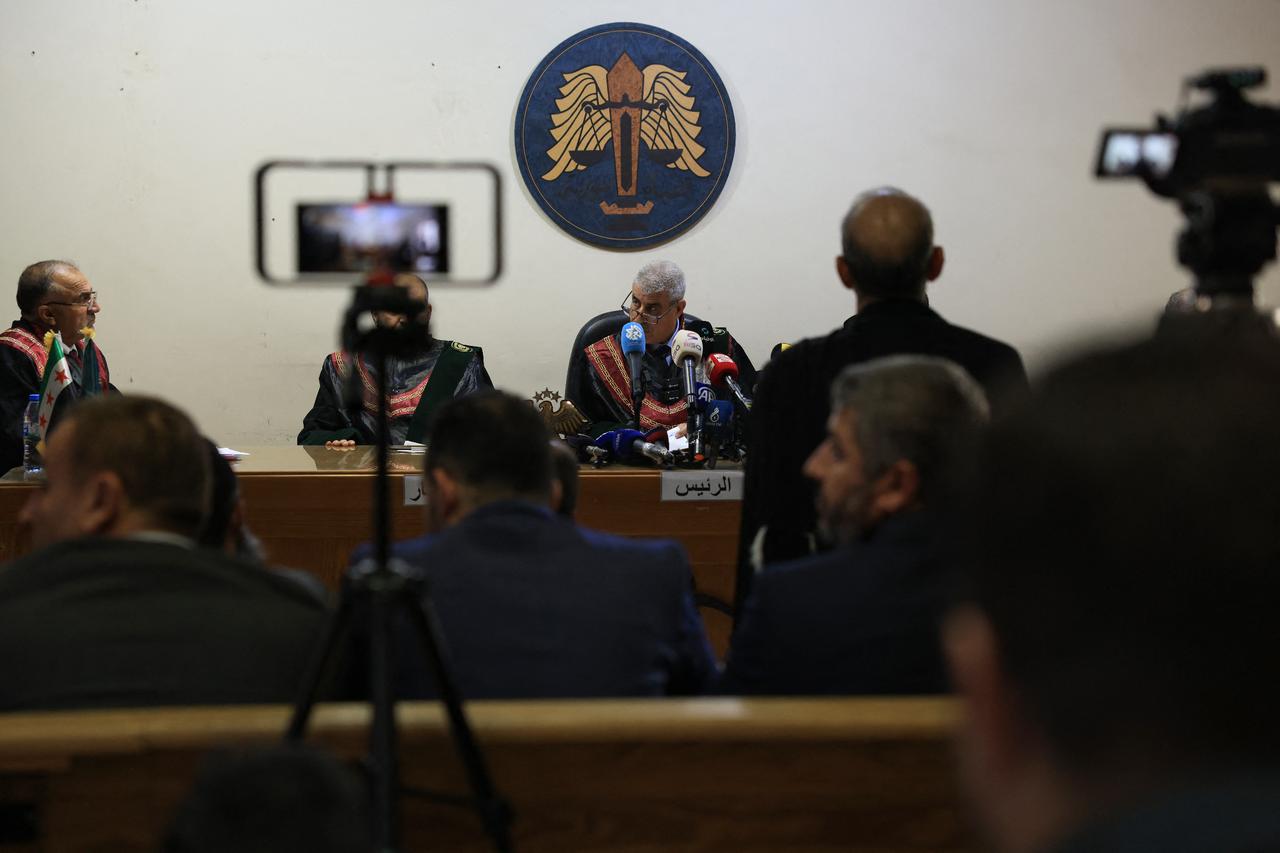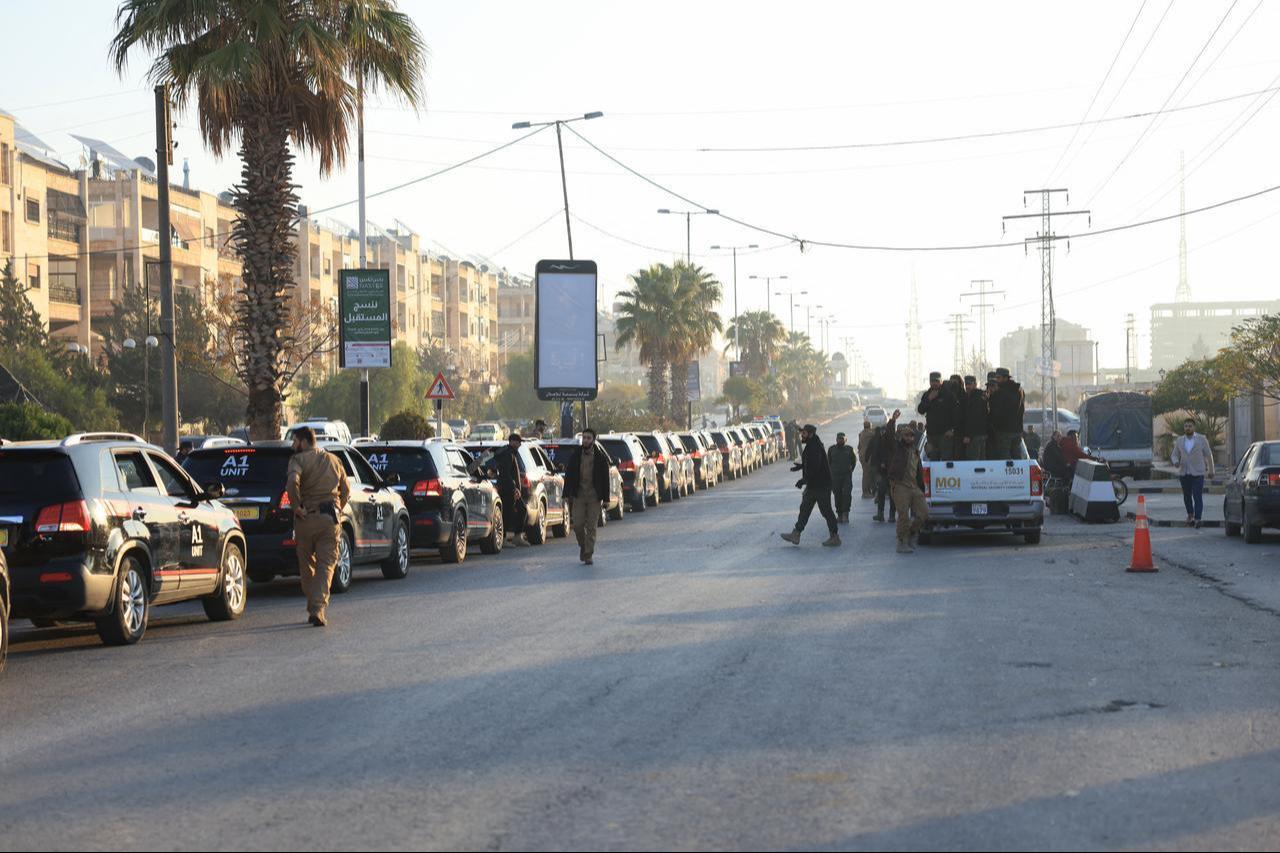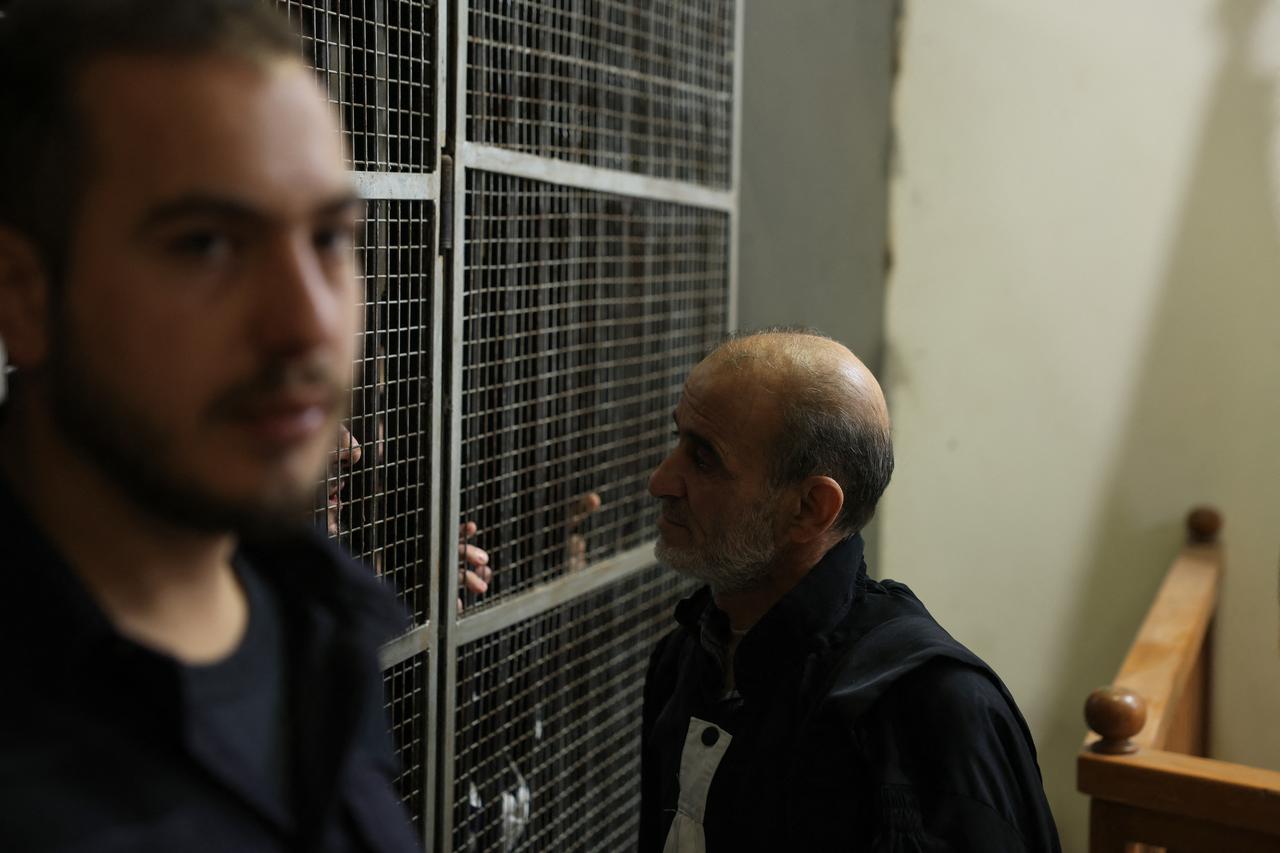
Syria opened its first public trial for suspects accused of crimes during the deadly clashes and sectarian killings on the Alawite-majority coast in March 2025, marking an unprecedented step in the country’s post-Assad accountability process.
The Syrian government is embarking on a herculean effort to deliver justice in a nation where accountability is virtually unknown.
There is no precedent, nor are there adequate legal frameworks, for such a process. In itself, this trial not only demonstrates the government’s commitment to holding individuals responsible but also represents a revolution in the making.

Fourteen defendants—half accused of attacking government security forces on behalf of the former Assad regime, and half from the security forces accused of killing unarmed civilians—appeared in court on Tuesday. They are among more than 500 suspects (approximately half of whom are members of the Syrian army) referred for prosecution after violence that left at least 1,426 people dead in the coastal region.
During the two-hour hearing, presiding judge Zakariya Bakkar underscored the court’s impartiality: “We don’t have remnants of the old regime. We have suspects and rebels.”
Former regime remnants face charges of sedition and inciting a sectarian war, while members of the government forces are accused of killing civilians—acts documented in widely circulated videos. The hearing was adjourned until December.
This trial is unprecedented. Inside the courtroom, families of the accused expressed fear and frustration, believing their relatives had been unjustly targeted. For many Syrians, whether former regime supporters or revolutionaries, the idea of genuine accountability is unfamiliar.

The trial is not driven solely by the benevolence of the new Syrian government. It comes amid continued U.S. pressure for tangible progress on accountability, particularly as sanctions have not yet been fully revoked. The proceedings also aim to reassure local communities that the state is serious about justice.
More broadly, the trial is part of an effort to reconcile Syrian society and build trust among key minorities, including the Alawites, Druze, and Kurds. Other minorities, such as the Turkmen, Ismailis, and Christians, currently demonstrate stronger support and maintain more robust trust toward Damascus.
A similar trial is expected for the events that occurred in Sweida.
Despite clear political will, major legal obstacles hinder meaningful accountability. Syria’s criminal code does not recognize war crimes or crimes against humanity. While the new administration seeks to balance justice with stability, without deeper legal reforms, perpetrators may still benefit from impunity.
The Syrian parliament must adopt transitional justice laws. However, parliament has not yet begun operating, as the president must first appoint one-third of its non-elected members. President Ahmed al-Sharaa is waiting, as the outcome of the March 10 agreement may require him to reserve space to appoint representatives from the YPG-dominated SDF.